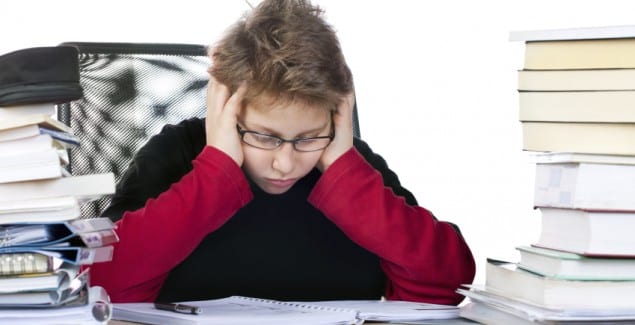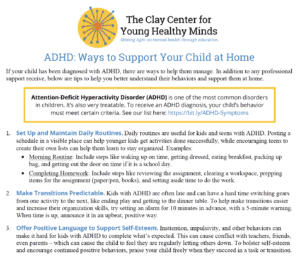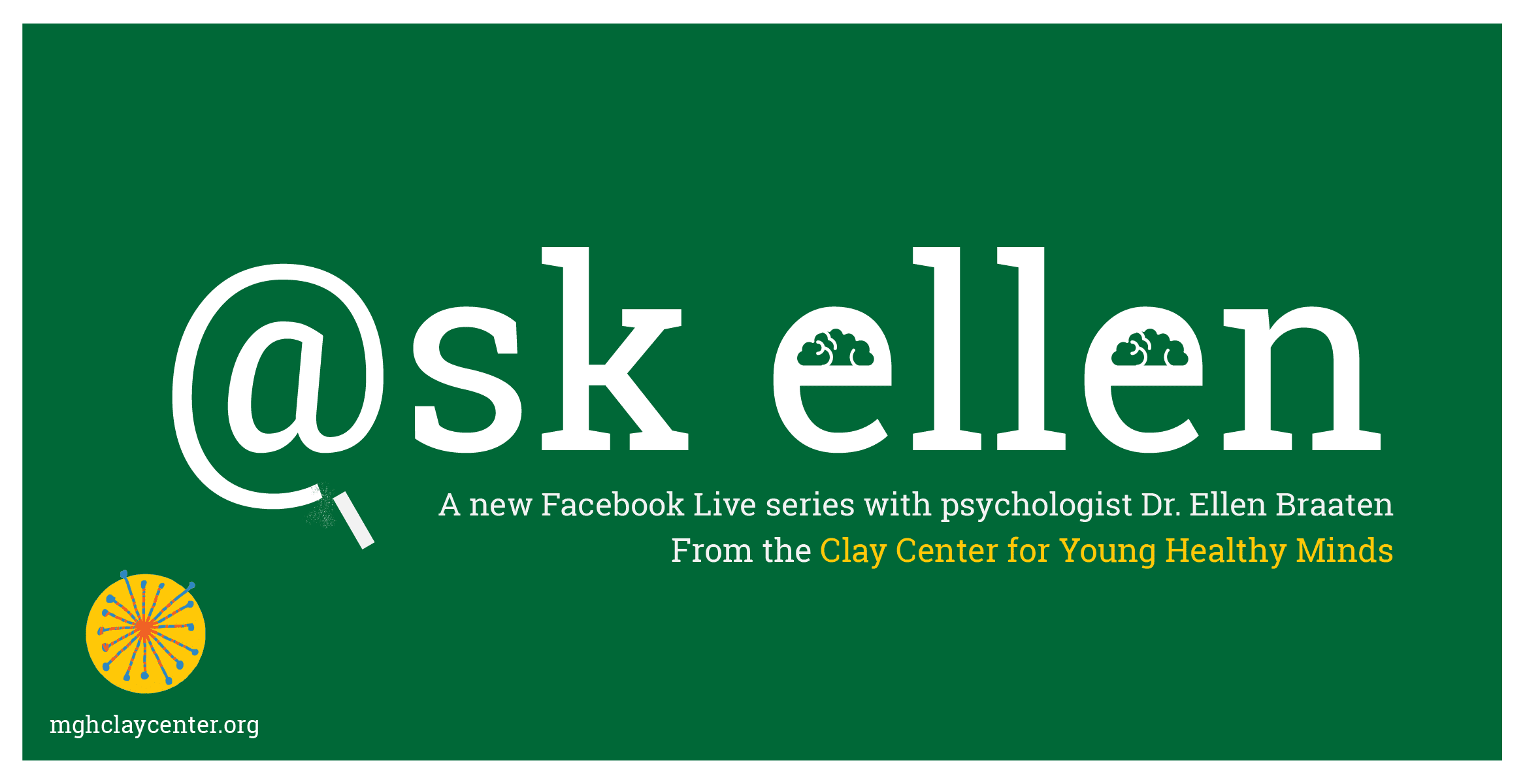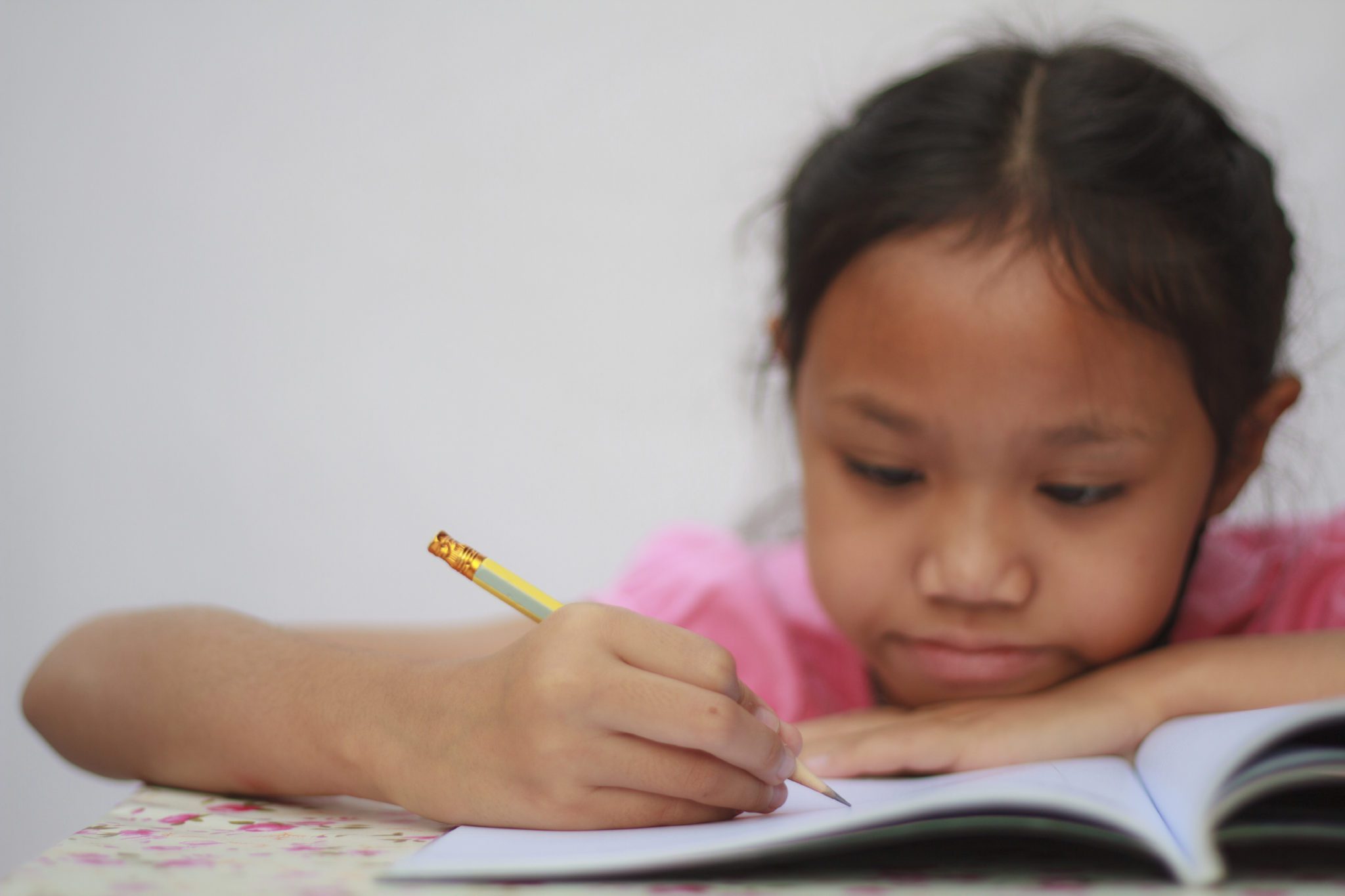Does My Child Have Attention Deficit Hyperactivity Disorder? How Would I Know?

Posted in: Grade School, Teenagers
Topics: Learning + Attention Issues
Attention Deficit Hyperactivity Disorder. Some kids just can’t seem to do what we expect of them, even the simplest of things—in school, at home and with other kids.
It’s not hard to see why they get labeled: sloppy, lazy, disorganized, won’t listen; or worse—defiant, self-centered, impossible to manage. And, it’s pretty easy to understand why they may irritate even the most tolerant parent, teacher or friend.
We all know some of these kids.
Be sure to watch this video from Dr. Khadijah Booth Watkins on ADHD in kids.
There’s Sam, who could never sit still anywhere, and who was renowned for disrupting every class he attended in school. The teachers from preschool on dreaded seeing him on their roster. And, the kids knew what to expect from him: blurting out questions at inappropriate times and making irreverent comments when the teacher was talking, interrupting their conversations at the lunch table, or almost always breaking something at birthday parties. His only apparent redeeming quality was an uncanny ability to sit for hours, masterfully playing videogames.
And there’s Susie, known for her brilliant, insightful schoolwork (when she did it), but who managed to forget more homework than any other student, and tended to fill her worksheets with the most intricate doodles. Consistently late for everything, she was never the one to ask for either the due date of an assignment or the details of any instructions. Quiet, sweet, unassuming, and the consummate “space cadet,” Susie did not seem to care about anything other than getting lost in her own world.
These children have attention deficit hyperactivity disorder (ADHD) of one kind or another. Some are wild, running like motors, jumping from task to task, making impulsive decisions, and seemingly unable to focus on virtually anything for more than a few moments—unless it is something they are really interested in, like videogames. Others are quietly distracted and prone to procrastination; they cannot focus on the tasks at hand, and in their own quiet way, they march to their own drummer. As different as they may seem, these kids’ hyperactive and inattentive types of ADHD have a number of things in common: an inability to sustain attention to the demands made upon them, difficulty in setting priorities, and overall, a disorganized way of functioning that complicates their lives—from getting ready for bed or getting up and out in the morning, to mastering schedules for completing academic assignments (this set of skills is know as executive functioning). Above all, they inevitably frustrate their parents and teachers, and grow up with increasingly low self-esteem by way of a lack in confidence and competence.
Most kids can learn with relative ease the basic skills of organization that they repeat on a regular basis, from developing systematic routines for getting to bed and getting up in the morning, to learning ways of organizing their homework, doing chores, or practicing the piano. It’s not that hard for most of us to learn routines, and repeat them over and over again. For kids with ADHD, however, it is very difficult. When you combine this difficulty with impulsivity and a low frustration tolerance, it becomes a very bad combination, particularly if a child is trying to master academic and social skills (which is why these kids repeatedly get into trouble—big trouble!).
The hyperactive ones tend to easily explode, particularly because they feel (and often are) yelled at frequently, unable to please anyone. The world to them seems like an endless series of screw ups and punishments, and their daily experience of rejections just compounds their impulsivity and need for instant gratification. They feel like losers, and at some point, many will throw in the towel and just stop trying.
Paradoxically, though, if their interest in a particular activity is strong enough, kids with ADHD will “hyperfocus,” mastering even complex tasks like developing athletic skill, learning musical instruments, or playing videogames (endlessly!). It seems that the rewards of these successes, combined with their heightened interest, are a great way to override the pathways responsible for inattention and disorganization.
The whole notion of REWARDS—not PUNISHMENTS—is key to helping these kids (as we will see in a blog on helping kids with ADHD). Remember: ADHD has nothing to do with intelligence or raw talent, and it’s important to keep in mind that the child’s behavior is NOT simply lazy, oppositional or defiant per se; it’s just the way the kid was born. And, if you look carefully, you may find that others in the family appear to have a variation of ADHD as well.
But wait—is this really ADHD, or could it be something else? Great question. There is an old pediatric adage that says “All that wheezes is not asthma.” Is all that is hyperactive or inattentive actually ADHD? Not really. There are a number of other compounding issues that we would want to explore in making the diagnosis. For instance, some common things that can cause hyperactivity, inattention and poor executive skills include depression, learning disabilities, anxiety conditions (such as obsessive compulsive disorder or panic disorder), or even post-traumatic stress disorder. ADHD can also be mimicked by stresses at home or in school (like bullying), or even medical conditions. For this reason, a good child psychiatric evaluation, as well as neuropsychological testing, is the right thing to do. And, since we would want to be sure that the problem behavior is happening at home, school and on the playground, getting reports from teachers, parents, siblings and even friends is really important.
Some have complained that ADHD is over-diagnosed in an effort to get kids (or college students) stimulants, one method of treating ADHD. Stimulants are actually pretty safe medications, as we will see in the next blog, but may be over-used, or even sold for performance enhancement. Most of us can run faster, jump higher and perform better academically with stimulants—just think about your daily coffee in the morning, and what you feel like without it! Frankly, many of us use stimulants like caffeine or 5-hour ENERGY to get us jump-started (but, that is a whole other debate we will tackle at a later time—it gets complicated!).
The bottom line is that untreated kids with ADHD are at high-risk of academic and social failure, as well as getting into trouble due to their low self-esteem. Some may become class clowns; others may get into substances to self-medicate their bad feelings. Still others who throw in the towel may develop conduct problems to “get what they feel they deserve.” And, all of this is because we have not paid attention ourselves to the root problem—the ADHD itself.
But alas, there is hope! ADHD can be treated successfully, and kids can go on to have productive lives; read on for ways we can help these kids.


 Share
Share Tweet
Tweet





